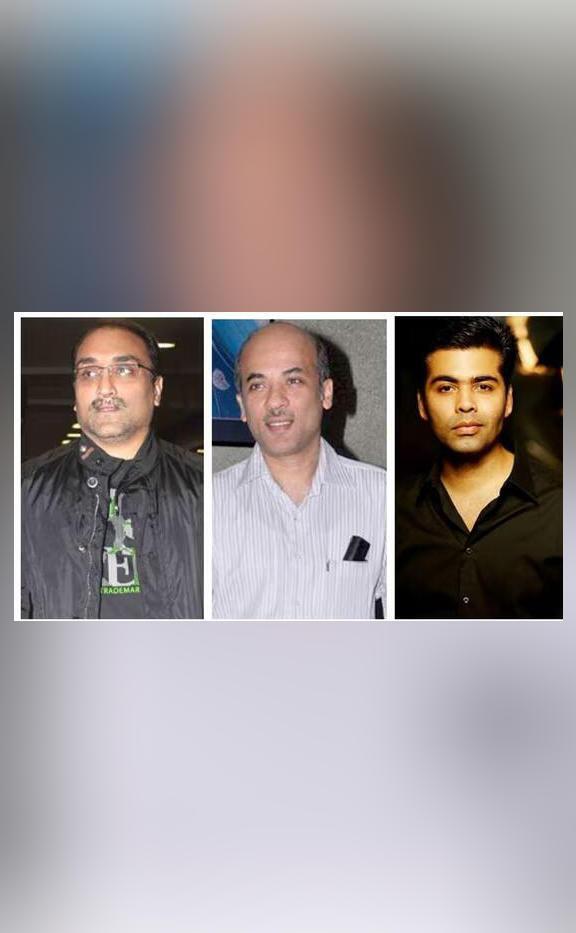
Karan, Aditya & I Born with Golden Spoons, Sell Fairytale: Sooraj
The Indian film industry is known for its grandeur, glamour, and larger-than-life storytelling. Behind the glitz and glamour, however, lies a reality that many outsiders may not be aware of – the privilege and comfort that comes with being born into a family of filmmakers. Recently, veteran filmmaker Sooraj Barjatya spoke candidly about his experiences, stating that he, Karan Johar, and Aditya Chopra were born with golden spoons and have not known the hardships of life.
In an interview with a leading publication, Barjatya revealed that he and his contemporaries have always had the luxury of traveling in cars, rather than roughing it out like many others. This privilege, he believes, has given them a unique perspective on storytelling, allowing them to create what he calls “fairytale” movies that captivate audiences.
The 90s, in particular, were a magical time for Indian cinema, with the arrival of films like Barjatya’s own “Hum Aapke Hain Koun..!” (1994), “Dilwale Dulhania Le Jayenge” (1995), and “Kuch Kuch Hota Hai” (1998), which became massive hits and redefined the landscape of Indian filmmaking. These films, with their lavish sets, melodious music, and fairy-tale-like narratives, captured the imagination of audiences and created a sense of escapism that was unparalleled in Indian cinema at the time.
For Barjatya, growing up in a family of filmmakers was a blessing in disguise. His father, Rajkumar Barjatya, was a renowned producer and director, and Sooraj was exposed to the film industry from a young age. He began his career as a director with the film “Maine Pyar Kiya” (1989) and went on to create some of the most iconic films of the 90s.
In contrast, Karan Johar and Aditya Chopra, who are also part of the filmmaker’s inner circle, had similar experiences. Karan Johar, the son of Yash Johar, one of the most successful producers of his time, made his directorial debut with “Kuch Kuch Hota Hai” (1998), which became an instant hit. Aditya Chopra, the son of Yash Chopra, one of the most respected directors of Indian cinema, has also followed in his father’s footsteps, directing films like “Mohabbatein” (2000) and “Rab Ne Bana Di Jodi” (2008).
For these filmmakers, the 90s were a time of unprecedented success and creativity. They were able to create films that were not only critically acclaimed but also commercially successful, and their films became a staple of Indian popular culture. The 90s were also a time of great change in Indian society, with the country opening up to globalization and the Internet, and the film industry was no exception.
The success of these filmmakers was not limited to their individual achievements, but also to the fact that they were able to create a new kind of cinema that spoke to the aspirations and desires of the Indian audience. Their films were a testament to the power of storytelling, and the ability of cinema to transport us to a different world, where anything was possible.
In conclusion, Sooraj Barjatya’s candid admission about being born with golden spoons and selling fairytale movies is a reminder that success is never solely due to individual merit, but also to the privilege and opportunities that come with being born into a certain family or background. While this may not be a unique experience in the Indian film industry, it is a reminder that the stories we tell, and the way we tell them, are often shaped by our experiences and the world around us.
As the Indian film industry continues to evolve, it will be interesting to see how the next generation of filmmakers approaches storytelling and the way they use their privilege to create a new kind of cinema that is both authentic and engaging. For now, however, Sooraj Barjatya’s words serve as a reminder of the power of storytelling, and the way that cinema can transport us to a different world, where anything is possible.






